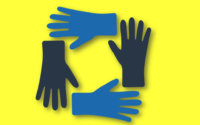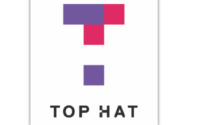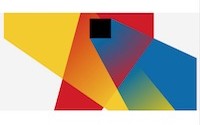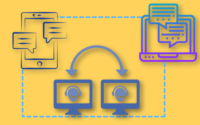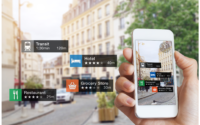
Download Report: Evidence on the Validity, Reliability, and Usability of the Measuring and Improving Student-Centered Learning (MISCL) Toolkit
Student-centered learning (SCL) describes various approaches that keep students’ goals, interests, and needs central to the teaching and learning process. Despite the recent proliferation of SCL approaches, researchers and practitioners are still learning about which SCL strategies are most effective for supporting student achievement and how to measure them. This report summarizes a study on […]
